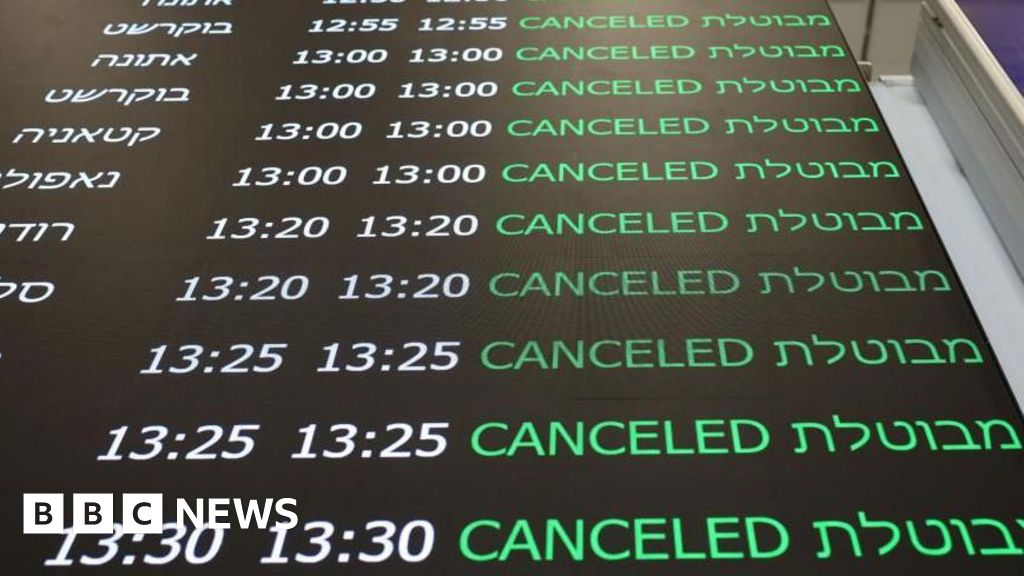ARTICLE AD BOX
Image source, Getty Images
Image caption,India is home to a large number of sexually abused children
In July 2020, police in India's north-eastern state of Assam received a complaint about a suspicious Facebook page.
A non-profit organisation had passed on information that the page had pictures and videos of children, and that it may be promoting child sexual abuse material, or CSAM.
Police opened an investigation and roughly a month later, they arrested a 28-year-old man from a village near the state capital, Guwahati.
They said the man's mobile allegedly contained disturbing videos of children getting sexually assaulted.
"I couldn't sleep for many nights after looking at the content," said investigation officer Geetanjali Doley.
Police alleged the man was using the Facebook page to direct people to other websites and apps to sell CSAM. It's not clear how the man benefited from this, but police said they arrested him before he began earning money from the process. The page has been pulled down and the matter is pending in court.
The man, who has since been released on bail, has denied all the allegations against him. "I never downloaded child sexual abuse videos. I never shared them, nor did I receive any," he told the BBC.
India is home to a large number of sexually abused children. In 2020, the National Crime Records Bureau registered 43,000 offences under the stringent Pocso (Protection of Children from Sexual Offences) Act - which translates to an average of one case every 12 minutes.
Activists, however, estimate the real numbers to be much higher, given the stigma and general reluctance to talk about the topic.
Although the publication, transmission and possession of CSAM is banned under Indian law, it is still widespread. And the problem has been exacerbated by the coronavirus pandemic.
According to activists and police officials, there has been a surge in the online demand and dissemination of child abuse imagery in the country since last year, as lockdowns imposed to contain Covid-19 confined people to their homes.
In the southern state of Kerala, the increase has been almost 200% to 300% compared to before the pandemic, said Manoj Abraham, head of the state's Police Cyberdome, a high-tech facility in India's cyber security infrastructure.
Mr Abraham says the pandemic has also led to the rise in locally produced content, which often goes unreported as the abusers are family members or people known to the victims.
"You can see in videos that they are in a house. So, the dangerous part is that somebody in the house, in close proximity, is exploiting the girl or boy," he said.
Image source, Getty Images
Image caption,Criminals and paedophiles are using the coronavirus lockdown to target children
It is no different in other states.
A report by India Child Protection Fund suggests an alarmingly high demand for CSAM in as many as 100 Indian cities, including the capital, Delhi, and financial hub Mumbai. The organisation tracked online content in India between December 2019 and June 2020.
- The user base for CSAM in India was more than 90% male, 1% female and the rest were unidentified.
- Most individuals were interested in "generic CSAM" such as "school sex videos" and "teen sex".
- Many used VPNs to conceal locations, circumvent government regulations and platform security.
Experts say the reasons are not hard to find. Long insulated lives have led to longer hours of online presence among children as well as paedophiles.
As a result, more children are being groomed by paedophiles, which has also led to an increase in the distribution and consumption of CSAM.
"Any person in a lockdown-like situation where there is loneliness, isolation, threat of uncertainty and perhaps increased irritability, is more likely to turn to sexuality as a means of coping, especially if there are no other healthy alternatives available," says Dr Vasudeo Paralikar, head of psychiatry at the KEM research institute in the western city of Pune.
Image source, Getty Images
Image caption,The pandemic has led to an increase in the amount of time spent online by children
In April 2020, human rights experts from the United Nations had warned that "travel restrictions and the increase in online users will likely lead to a significant spike in sexual grooming online by paedophiles and predators, live streaming of child sexual abuse and the production and distribution of child sexual abuse material".
Also last year, CyberTipline of the US-based National Centre for Missing and Exploited Children, received 21.7 million reports of images, videos and other files containing suspected child sexual abuse material and other incident-related content from around the world.
This was a 28% rise in reports from 2019. And India was high up on the list.
When Siddharth Pillai, a Mumbai-based activist, was approached by a 16-year-old boy in August, he immediately knew something was wrong.
The boy had recently found some chats on a phone he and his 10-year-old sister shared, which indicated that she was being groomed online.
It began on a gaming app before it moved to social media, said Mr Pillai, who works with a non-governmental organisation Aarambh, which helps victims of sexual abuse get their photos and videos pulled off from the internet.
"It starts with a hi, hello, then the conversation veers to flattery, like 'I am always thinking of you'. Then it takes a slow sexual turn," he said.
Image source, Getty Images
Image caption,In a lot of cases. the abuser is known to the child and is even a relative
Mr Pillai calls this "a classic grooming strategy" where the groomer tries to "desensitise the child" by sending them porn videos and photos.
Officials say a lot of child abuse content is shared in closed chatrooms on the dark web, where payment is exchanged in bitcoins between strangers. But increasingly, it has also found its way to social media and other file sharing platforms.
Mr Abraham says content sharing is "unorganised" and happens among "like-minded individuals".
The Kerala police has launched multiple initiatives to tackle the problem, including the use of sophisticated software that tracks down the IP addresses of alleged offenders. The technique has led to nearly 1,500 searches and 350 arrests in the past two years, an official said.
Another software scours the dark web with the help of certain keywords that lead them to websites carrying CSAM, which are then traced back to suspected offenders.
But unlike Kerala, says Vineet Kumar of global think-tank CyberPeace Foundation, other Indian states are lagging behind in going after the offenders.
Campaigners say there is also a lot of stigma around sexual abuse and paedophilia in India, which makes it hard to completely address the problem.
Mr Abraham says it is the parent's job to keep a watch on their children's online footprint. "The key is to suspect everyone around your child," he says.
Additional reporting by Kinjal Pandya-Wagh
You might also be interested in:
One every eight minutes: India's missing children

 3 years ago
102
3 years ago
102








 English (US) ·
English (US) ·